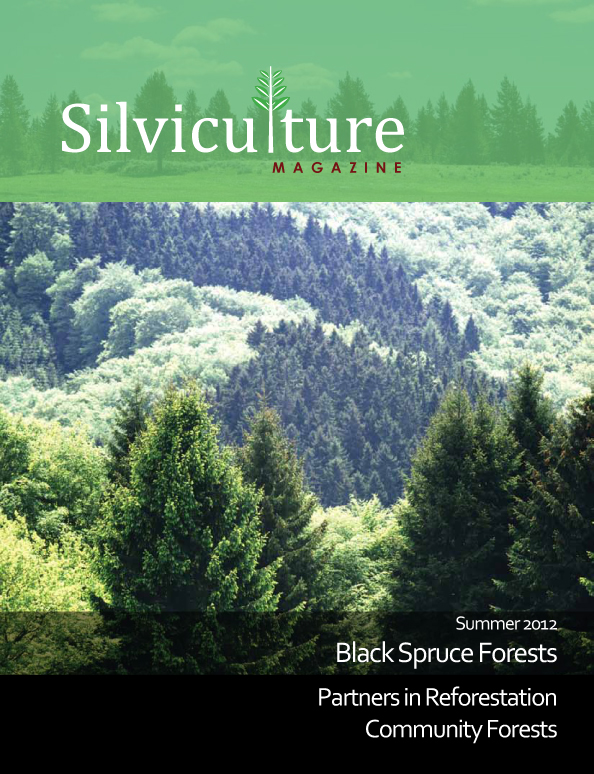New PEI Woodlot Owners’ Association Moving Forward
After lots of meetings across the Island and many months of discussions, Island forest owners are about to move forward with a new woodlot owners’ association. Almost 88% of the Island’s forest land is owned and managed by private land owners. Privately owned forests provide income and employment to hundreds of Islanders and wood from private lands is used to make building materials, paper products, and firewood to heat our homes.

